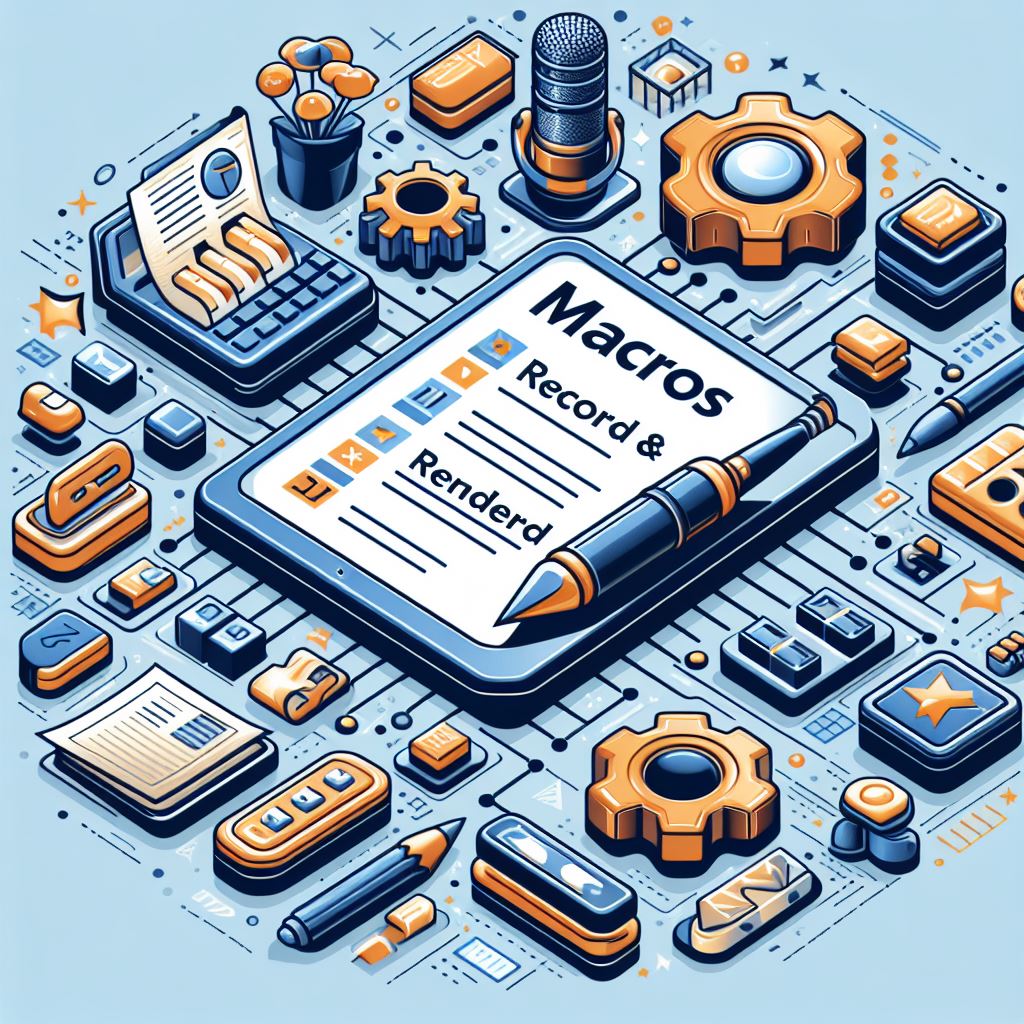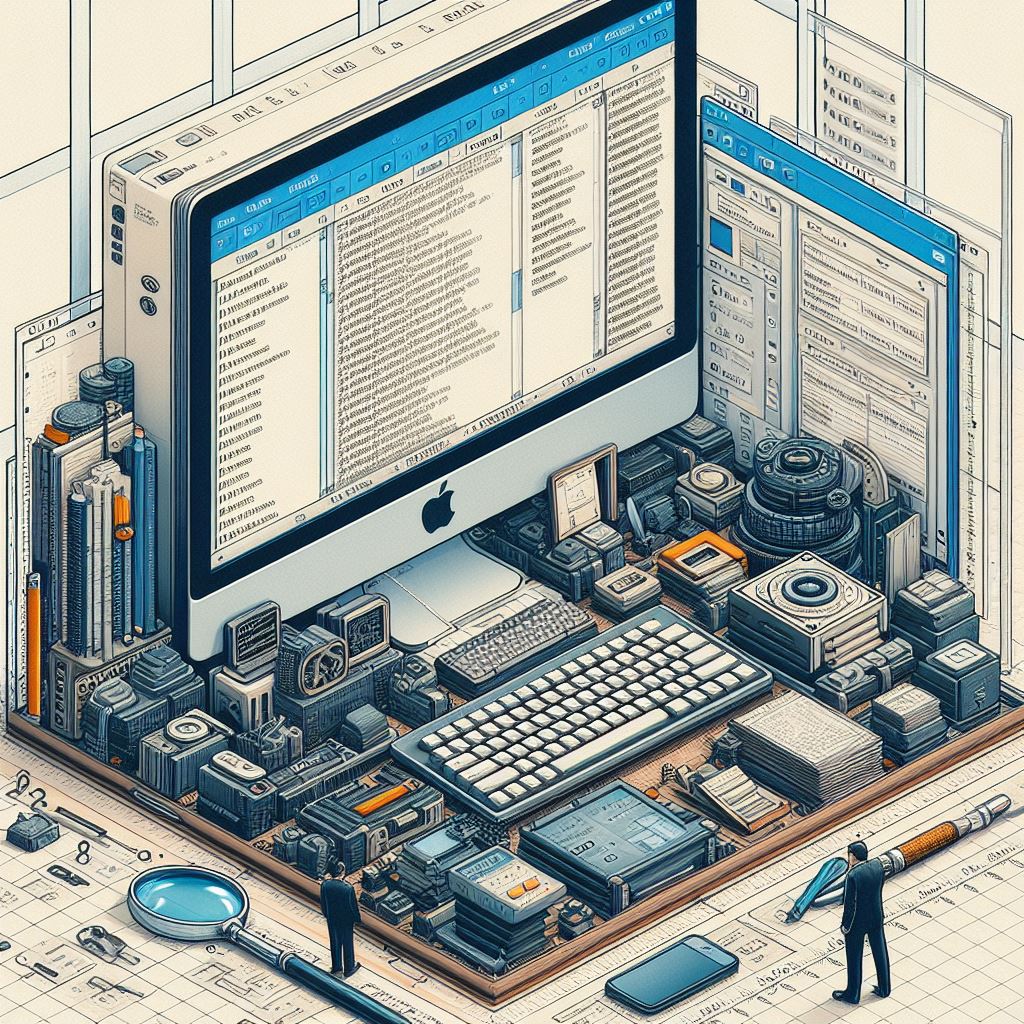
Introduction to blockchain technology
Blockchain in technology has emerged as one of the most transformative innovations of the digital age. It is a decentralized, transparent, and secure system that allows for the secure transfer of digital assets without the need for intermediaries. The concept of blockchain was first introduced in 2008 by an anonymous person or group of people known as Satoshi Nakamoto, and it has since revolutionized various industries across the globe.
The rise of block chain projects
Over the past decade, there has been a significant rise in block chain projects that aim to leverage the potential of this technology. These projects span diverse sectors, including finance, supply chain management, healthcare, and even government services. The decentralized nature of blockchain technology has attracted entrepreneurs, developers, and investors who see the immense value it can bring to various industries.
One of the key reasons behind the rise of block chain project is the inherent trust and security that the technology offers. With blockchain, transactions are recorded on a distributed ledger that is accessible to all participants. This ensures transparency and reduces the risk of fraud and manipulation. Moreover, blockchain eliminates the need for intermediaries, which not only saves costs but also speeds up the transaction process.
Key players in the blockchain industry
The Blockchain industry is home to several key players who have played a crucial role in driving the adoption and development of blockchain in technology. One such player is Bitcoin, which is the first and most well-known application of blockchain. Bitcoin introduced the concept of a decentralized digital currency and paved the way for other cryptocurrencies.
Ethereum is another key player in the blockchain industry. It is a decentralized platform that enables smart contracts and decentralized applications (DApps). Ethereum has opened up new possibilities for developers to build innovative solutions on top of the blockchain.
Other prominent players in the industry include Ripple, which focuses on blockchain solutions for cross-border payments, and Hyperledger, an open-source collaborative effort that aims to advance cross-industry blockchain technologies. These key players, along with many others, have contributed to the growth and evolution of project blockchain.
Innovations shaping the digital landscape
blockchain in technology has given rise to several innovations that are reshaping the digital landscape. One notable innovation is the concept of Initial Coin Offerings (ICOs). ICOs allow companies to raise funds by issuing tokens on a blockchain platform. This has opened up new avenues for startups and entrepreneurs to secure funding for their projects.
Another innovation is the development of decentralized finance (DeFi) platforms. DeFi platforms use blockchain technology to offer financial services without the need for traditional intermediaries such as banks. These platforms enable users to lend, borrow, and trade digital assets in a secure and transparent manner.
Moreover, blockchain technology has also enabled the development of non-fungible tokens (NFTs). NFTs are unique digital assets that can represent things like art, collectibles, and virtual real estate ownership. This innovation has created new opportunities for artists, creators, and collectors to monetize and trade digital assets.
Applications of blockchain technology
Blockchain technology has found applications across various industries. In the financial sector, blockchain has the potential to revolutionize payments, remittances, and even the issuance of digital currencies. The decentralized nature of blockchain ensures faster and more secure transactions, while also reducing costs.
In supply chain management, blockchain can provide transparency and traceability, allowing consumers to verify the origin and authenticity of products. This is particularly important in industries such as food and pharmaceuticals, where safety and quality are paramount.
blockchain in technology also has the potential to transform healthcare by securely storing and sharing patient data. This can enable better coordination of care, reduce medical errors, and empower patients to have more control over their own health information.
Challenges and opportunities in blockchain projects
While blockchain technology holds great promise, there are also challenges that need to be addressed. One of the main challenges is scalability. As more transactions are added to the blockchain, the network can become congested, resulting in slower transaction times and higher costs. However, several solutions are being developed, such as layer-two scaling solutions and the implementation of sharding techniques.
Another challenge is regulatory uncertainty. Governments and regulatory bodies are still grappling with how to regulate project blockchain and cryptocurrencies. This uncertainty can create barriers to adoption and hinder the growth of the industry. However, as regulators gain a better understanding of the technology, we can expect more clarity and supportive regulations to emerge.
Despite the challenges, there are immense opportunities in block chain project. The technology has the potential to disrupt traditional industries, create new business models, and empower individuals. As more companies and organizations recognize the value of blockchain, we can expect increased investment and innovation in the space.
Investing in blockchain projects
Investing in blockchain projects can be an attractive opportunity for individuals and institutions looking to diversify their portfolios. However, it is important to approach blockchain investments with caution and do thorough research. The blockchain industry is still relatively new and volatile, and not all projects will succeed.
When considering investing in project on blockchain, it is essential to evaluate the team behind the project, their experience, and track record. Additionally, analyzing the project's whitepaper, roadmap, and tokenomics can provide insights into the viability and potential of the project.
Diversification is also key when investing in project on blockchain. Investing in a mix of established cryptocurrencies, promising startups, and blockchain-focused funds can help mitigate risks and maximize returns.
Future prospects of blockchain technology
The future technology of blockchain looks promising. As the technology continues to mature and evolve, we can expect to see increased adoption across various industries. The integration of blockchain with other emerging technologies such as artificial intelligence and the Internet of Things IoT projects will further expand its potential applications.
Moreover, the development of scalable and energy-efficient blockchain solutions will address some of the current limitations of the technology. This will enable blockchain to handle a higher volume of transactions and reduce its environmental impact.
Overall, technology of blockchain has the potential to revolutionize the way we transact, store data, and interact with digital assets. Its decentralized, transparent, and secure nature makes it a powerful tool for transforming industries and empowering individuals.
Case studies of successful blockchain projects
Several blockchain projects have already achieved success and made a significant impact in their respective industries. One such example is VeChain, a Blockchain platform that focuses on supply chain management. VeChain has partnered with major companies such as Walmart and DNV GL to provide transparency and traceability in their supply chains.
Another notable case study is Ethereum, which has enabled the development of numerous decentralized applications and smart contracts. Ethereum's blockchain has been used for crowdfunding campaigns, gaming platforms, and even decentralized exchanges.
Additionally, Ripple has gained traction in the financial industry by offering blockchain tech solutions for cross-border payments. Its technology has been adopted by major banks and financial institutions, streamlining the payment process and reducing costs.
Conclusion
blockchain tech has ushered in a new era of innovation and disruption. The rise of project on blockchain driven by key players and supported by advancements in technology, is shaping the digital landscape in profound ways. From finance to healthcare, blockchain has the potential to transform industries and empower individuals.
While challenges such as scalability and regulatory uncertainty exist, the opportunities in blockchain projects with source code are vast. Investing in project on blockchain requires careful research and diversification, but it can offer attractive returns and exposure to a transformative technology of blockchain.
As technology of blockchain continues to evolve and mature, we can expect to see even greater adoption and innovation. The future prospects of blockchain are bright, and its impact on the digital landscape will be far-reaching. It is an exciting time to be a part of the blockchain revolution.
























































